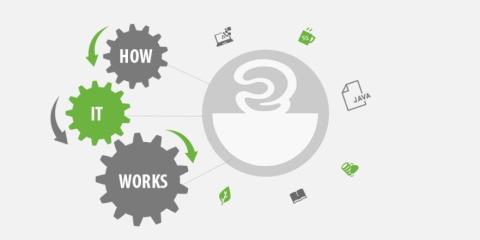Log4net for .NET Logging: The Only Tutorial and 14 Tips You Need to Know
If you’ve been writing code for any reasonable amount of time, then it’s virtually impossible that you haven’t handled logging in any way, since it’s one of the most essential parts of modern, “real life” app development. If you’re a.NET developer, then you’ve probably used some of the many famous logging frameworks available for use on this platform. Today’s post will cover one of these frameworks: log4net.











